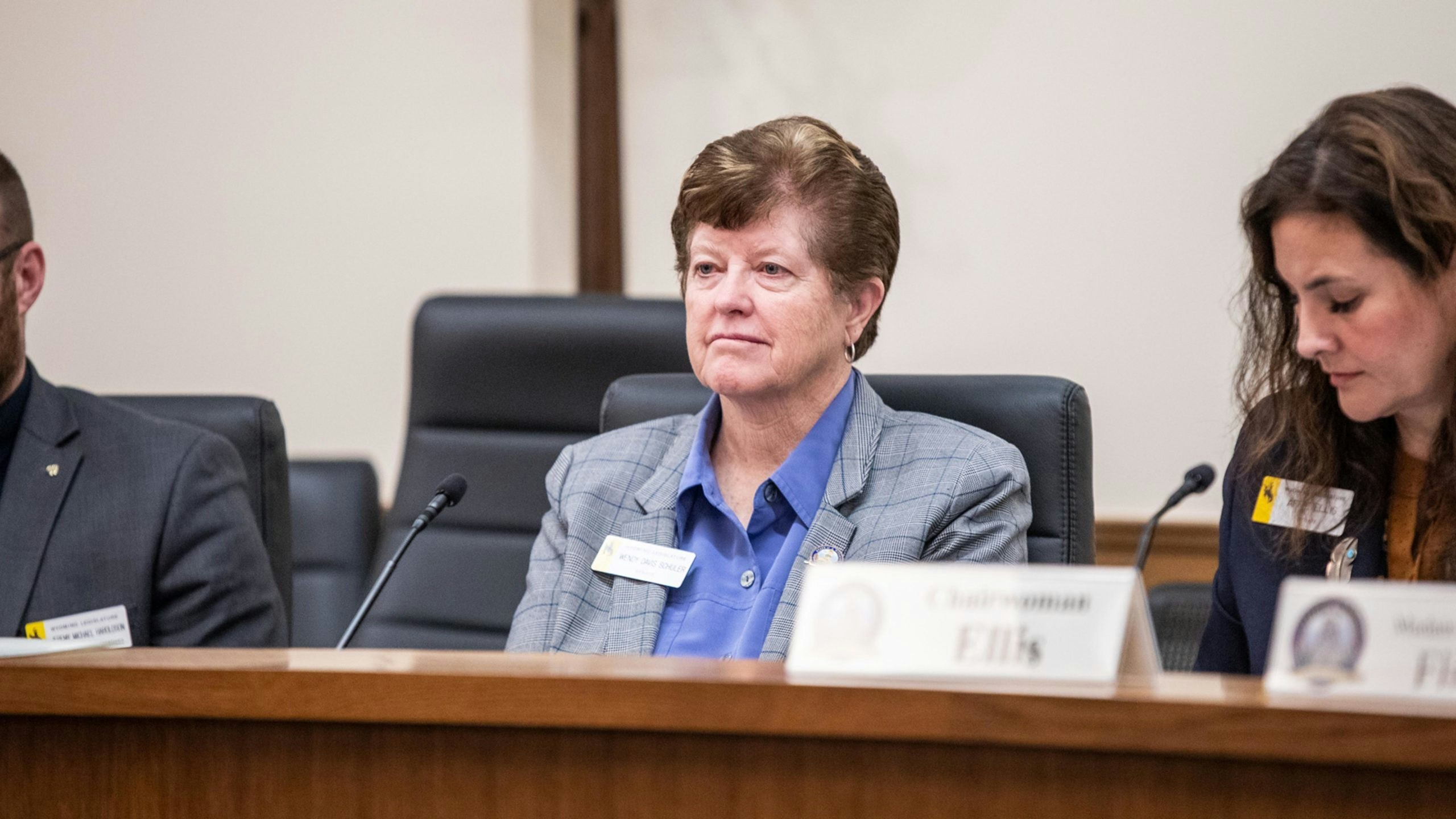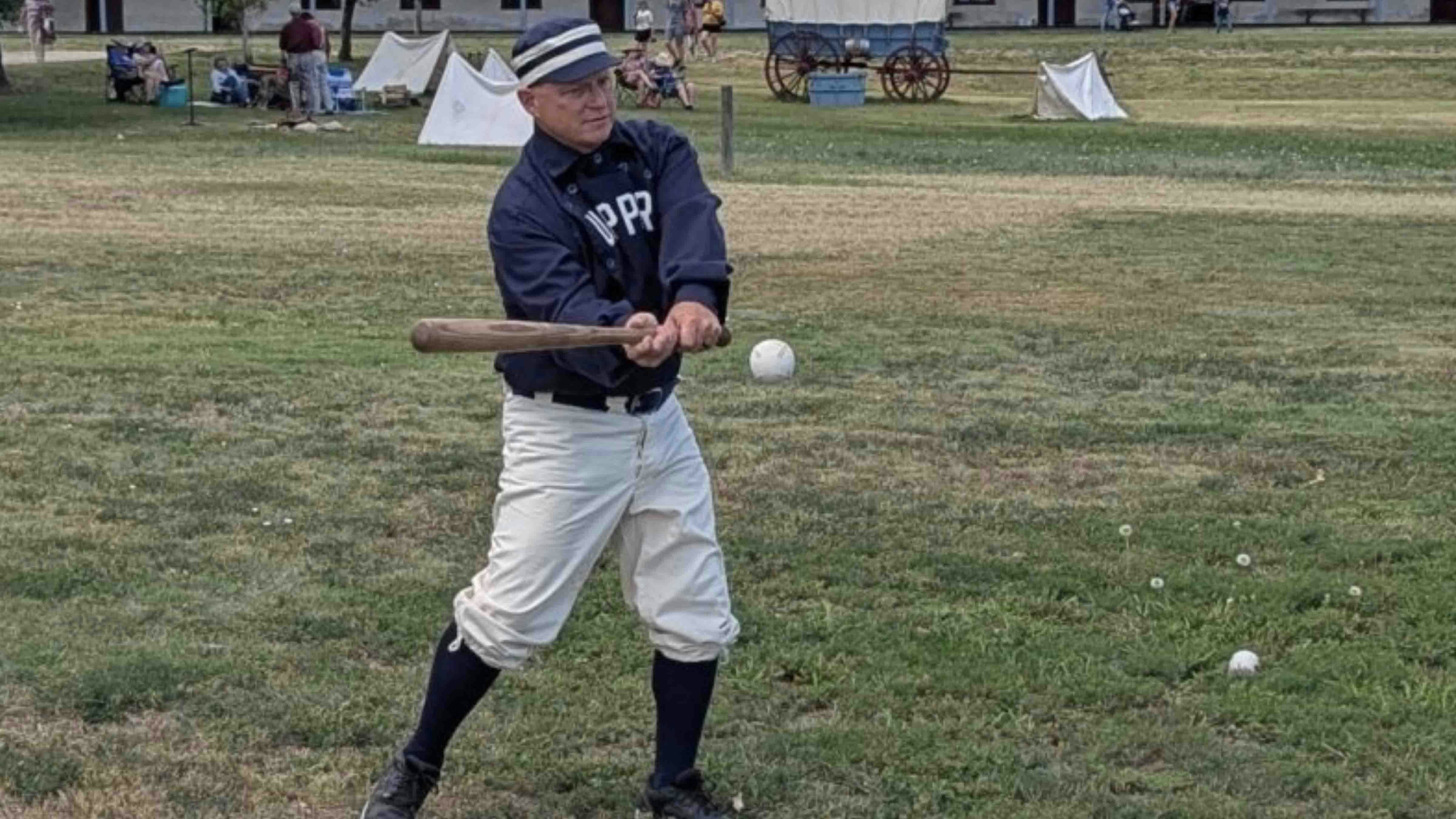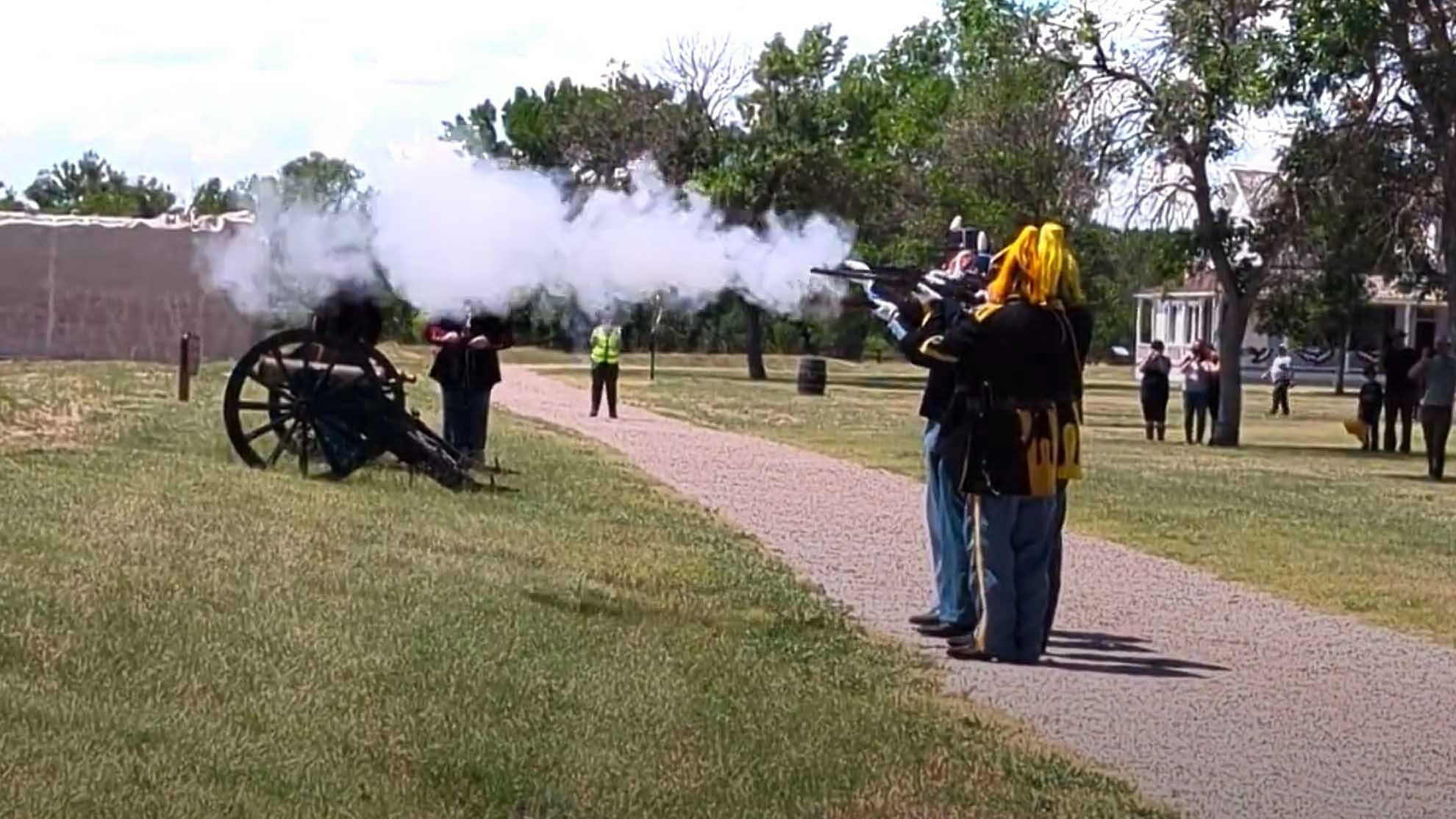One of the most-talked about bills from 2022 will return in the upcoming session of the Wyoming Legislature.
State Sen. Wendy Schuler, R-Evanston, said she’s bringing back her Fairness in Women’s Sports Act which, if passed, would prohibit biological males from participating in female sports.
Schuler said her legislation doesn’t target targeting transgender youth, but instead is about maintaining what she says should be a fair and level playing field for female athletes.
“I’m not opposed to students needing to do what they need to do, I’m just opposed to males competing against biological females,” she said.
Wyoming And Beyond
Sen. Cale Case, R-Lander, who voted against the bill in 2022, said he plans to do so again.
“It’s a one-sided kind of analysis,” he said. “I really don’t think it’s necessarily one-sided in the sense that people are complicated. Gender is such a complicated thing. Sex is a complicated thing. There’s so much there.”
The Wyoming High School Activities Association has a policy on transgender athletes, leaving it up to individual schools to determine eligibility when making these types of reviews.
The policy states that, “All students should be considered for the opportunity to participate in Wyoming High School Activities Association activities in a manner that is consistent with their gender identity, irrespective of the gender listed on a student’s records.”
Appeals
The policy also outlines an appeals process before a “gender identity eligibility committee” if a decision isn’t satisfactory.
That’s not enough, Schuler said. Allowing it to be a school-by-school decision also creates an unbalanced playing field across the state.
“The guideline in the WHSAA handbook didn’t sit well with me,” Schuler said. “If a school allows a transgender athlete to compete, none of the schools in their conference have a voice.”
Case said he believes the WHSAA guideline effectively handles the issue and it should be left up to school staff to make their own policies.
“I don’t think it matters, I really don’t. It’s never been an issue,” Case said.
Beyond Wyoming
The topic of transgender athletes participating in sports has been a major discussion in America and around the globe in recent years.
Last March, the Utah Legislature overrode a governor’s veto of a similar bill that would ban transgender athletes sports opposite their biological sex. In his veto, Gov. Spencer Cox said there were four transgender students playing high school sports in Utah. He also cited the high suicide rates among transgender youth.
Similar legislation passed into law in South Dakota last February, approved by its Gov. Kristi Noem.
Idaho passed the nation’s first transgender sports ban in 2020, blocking transgender women from playing on women’s sports teams sponsored by public schools, colleges and universities.
In summer 2020, a federal judge stopped the Idaho law from going into effect, ruling that the plaintiffs were likely to succeed in proving the law unconstitutional.
“There’s so much that a person that perhaps is going through something or are not comfortable with their gender assigned at birth is going through, they’re in agony,” Case said.
Title IX
Schuler said allowing transgender athletes on girls’ teams detracts from the progress women have made since the 1972 passing of Title IX, which requires equal funding and opportunities for women’s sports and prohibits sex-based discrimination.
A talented former athlete herself, Schuler said she remembers what it was like before Title IX was passed.
“I recall all the female athletes who had to sit on the sidelines and watch,” she said. “I don’t want to see a situation where girls are having to sit on the sidelines and not have a chance to compete because a transgender athlete took their spot.”
‘I Feel For Them’
Shuler said she had a productive conversation with a transgender cheerleader at the University of Wyoming and that she understands the sensitive nature of the topic, but believes maintaining fair competition in sports should come above all other concerns.
She said she also spoke with high school students who told her transgender youth just want to be accepted by society above all else.
“I feel for them, the trans athletes,” Schuler said. “I’m not at all transphobic. They get the opportunity they deserve on the playing field of their biological sex.”
Shuler believes most transgender students aren’t interested in sports and will still have an opportunity to participate in other extracurricular activities like dance and drama.
She mentioned hearing a few stories in the past year of transgender athletes participating in Wyoming sports. One was of a freshman high school high jumper who placed third in a girls regional competition.
“This just isn’t right,” Schuler said.
Schuler said she also heard a story of a biological male participating in girls youth soccer in a community in eastern Wyoming that caused concern among parents for their aggressive play.
“It’s clearly a safety situation,” she said. “The girls are getting knocked around.”
Small Differences
Schuler said she made a few small, but possibly critical, changes to this year’s version of the law.
The law no longer includes college athletes. Schuler said this was in response to concerns that opposing teams may consider boycotting competitions held in Wyoming if the legislation were to pass.
A transgender woman at the University of Pennsylvania won gold in the 500-yard freestyle at the NCAA championships in March, becoming the first female swimmer in that school’s history to win an individual national title.
The swimmer competed for three years on Penn’s men’s swimming team before joining the women’s team last fall.
‘More To Life Than Sports’
Case said if a few records are broken by transgender athletes in Wyoming, so be it.
“There’s a lot more to life than sports,” he said. “There’s a bigger human dimension to this.”
He believes Wyoming, a state that has struggled with slow population growth and economic development, isn’t in a position to be making laws like this.
The new legislation also establishes a commission to determine eligibility of transgender athletes in the event the state is enjoined in a lawsuit over the bill if it passes.
Potential For Litigation
Opponents of the bill have previously said it has a chance of being deemed unconstitutional because it would allegedly contradict a recent U.S. Supreme Court decision and violate Title IX.
“If the bill is litigated, it will fall back to the commission to make these decisions to decide if individuals can compete,” Schuler said.
She also said this commission would include a range of expertise, including mental health professionals.
“The commission will make decisions rather than one athletic director at one school saying a student can compete,” she said.
Time Wasn’t Right
Last year, the bill was introduced during a budget session. Schuler said this was a major source of opposition at the time.
“I had a lot of people say, ‘Maybe this is not the place for this bill to be discussed, at budget time,’” Schuler said.
The bill passed through the Senate on a 24-5 vote but failed to be introduced in the House. Schuler said she feels confident this year will be different.
Considering that Republican Speaker of the House Albert Sommers of Pinedale is proposing similar legislation, it’s likely her bill won’t fail upon introduction in the House again if it passes the Senate.
“I think I have the support to cross the finish line,” she said.





